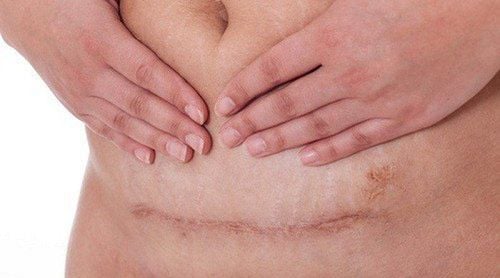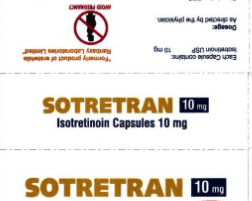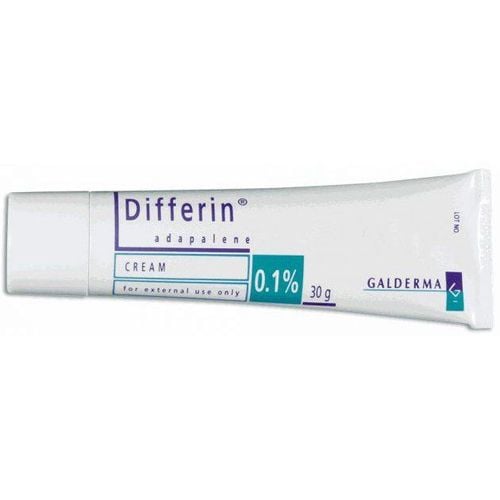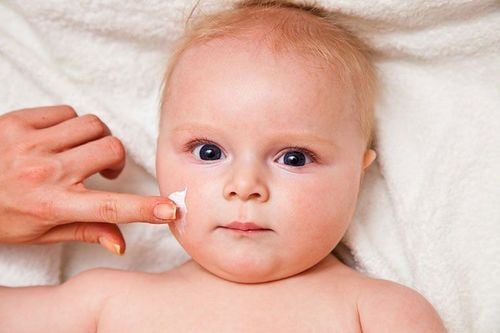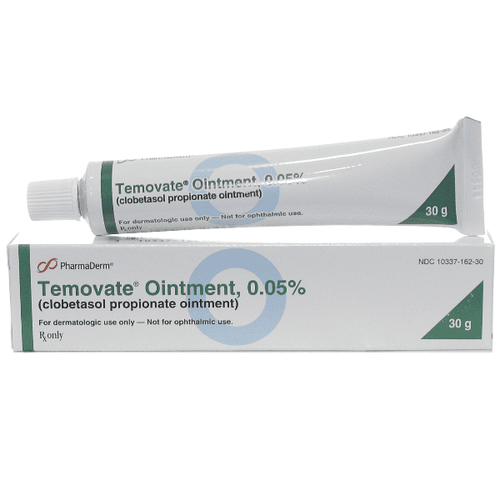This is an automatically translated article.
The article was professionally consulted by Specialist Doctor Obstetrician and Gynecologist - Department of Obstetrics and Gynecology - Vinmec Hai Phong International General Hospital.
Acne is just one of many problems that pregnant women can face. Acne is not a serious health problem, but if you arbitrarily treat acne with inappropriate products, it can affect the development of the fetus. Let's learn about acne during pregnancy through the article below.
1. Acne problem during pregnancy
Acne during pregnancy is a very common phenomenon, in fact, the number of pregnant women who develop acne can account for almost half, and sometimes acne can be quite severe.
Acne that occurs during pregnancy is not a particular form of acne. The primary cause of acne in pregnant women (even if they have never had it before) is due to hormonal changes (mainly the first trimester of pregnancy). The higher the concentration of hormones, the more sebum the pregnant woman's skin secretes (which is an oily substance, the natural sebum of the skin).
In fact, it is difficult to predict in advance which pregnant woman will develop acne during pregnancy, but if a woman has a history of acne before pregnancy, or often has acne If you have acne at the beginning of your menstrual cycle, you will have a higher risk of developing acne during pregnancy. If during the first trimester of pregnancy, the pregnant woman does not have acne, then the possibility of unusual acne outbreaks in the second and third trimesters of pregnancy will be very rare.
Dealing with acne in pregnant women needs to be very careful, because although it is not a serious problem, careless use of drugs (both prescription and over-the-counter drugs) can cause serious problems. increased risk of birth defects in the fetus. So no matter how small the risk of the drug you are trying to use, try to avoid it.
2. Solve the problem of acne during pregnancy
Acne during pregnancy is completely natural, and usually goes away on its own once the hormones return to normal. For that reason, the best way to deal with pregnancy acne is to try to avoid medications (whether prescription or over-the-counter). Instead of drugs, try simple self-care methods. One thing women should keep in mind is that before undertaking any intervention for acne problems during pregnancy, consult your doctor first.

2.1. Unsafe treatments for acne during pregnancy
Isotretinoin is a breakthrough oral medication in the treatment of severe acne. However, isotretinoin is especially dangerous for pregnant women, because the drug can affect the fetus and can lead to serious birth defects.
Also because the risk of isotretinoin is so great, women of childbearing age who are prescribed the drug need to ensure that they use two methods of contraception simultaneously before starting isotretinoin treatment, and maintain two methods of contraception simultaneously until at least one month after the end of treatment. Before, during and after treatment, female patients also need to be tested for pregnancy.
Other prescription acne medications that can cause birth defects include:
Hormone therapy: including estrogen and antiandrogen hormone therapy flutamide and spironolactone. Oral cyclines: These include antibiotics such as tetracycline, doxycycline and minocycline, because they interfere with bone growth and permanently discolor teeth. Topical retinoids, such as adapalene (Differin), tazarotene (Tazorac), and tretinoin (Retin-A), are similar to isotretinoin and should be avoided during pregnancy. Although the available studies suggest that the amount of drug absorbed through the skin is low, there are concerns about its potential to increase the risk of birth defects. Salicylic acid: Because of concerns about birth defects, some experts recommend against using topical medications containing salicylic acid. Salicylic acid is found in many different over-the-counter medications.
Trắc nghiệm: Bạn có hiểu đúng về dấu hiệu mang thai sớm?
Các dấu hiệu mang thai sớm không phải chỉ mỗi trễ kinh mà còn có rất nhiều dấu hiệu khác như xuất huyết âm đạo, ngực căng tức,… Điểm xem bạn biết được bao nhiêu dấu hiệu mang thai sớm thông qua bài trắc nghiệm này nhé!
2.2. Topical acne treatments may be safe for pregnant women
Some experts recommend using prescription drugs containing erythromycin (Erygel) or clindamycin (Cleocin T, Clindagel,...) because they are considered safe. Medicines containing benzoyl peroxide have not been shown to be effective in pregnancy.
It is important for pregnant women to be aware that many topical medications have not been adequately studied in pregnant women. Please consult your doctor before taking any medication.
2.3. Methods to solve acne without using drugs

Self-care methods that are both safe and can help pregnant women deal with acne:
Use mild cleansers on affected areas: use mild soap and warm water to wash twice daily. Use shampoo regularly: if pregnant women appear acne around the hairline, use shampoo daily. Don't try to pop a pimple: doing so can cause scarring or infection. Avoid irritants: don't use makeup, sunscreen, hair products, or oily concealers. Use products that are water-based or non-comedogenic, as they are less likely to cause acne. Be careful with things that touch your skin: keep your hair clean and don't let it touch your face, don't accidentally rub your hands on your face or use objects to touch your face. Towels, hats, or tight clothing can also cause problems, especially for people who sweat (sweat and oil are the leading causes of acne). Vinmec International General Hospital is one of the hospitals that not only ensures professional quality with a team of leading doctors, modern equipment and technology, but also stands out for its examination and consulting services. and comprehensive, professional medical treatment; civilized, polite, safe and sterile medical examination and treatment space.
Please dial HOTLINE for more information or register for an appointment HERE. Download MyVinmec app to make appointments faster and to manage your bookings easily.
Articles refer to sources: mayoclinic.org and webmd.com




